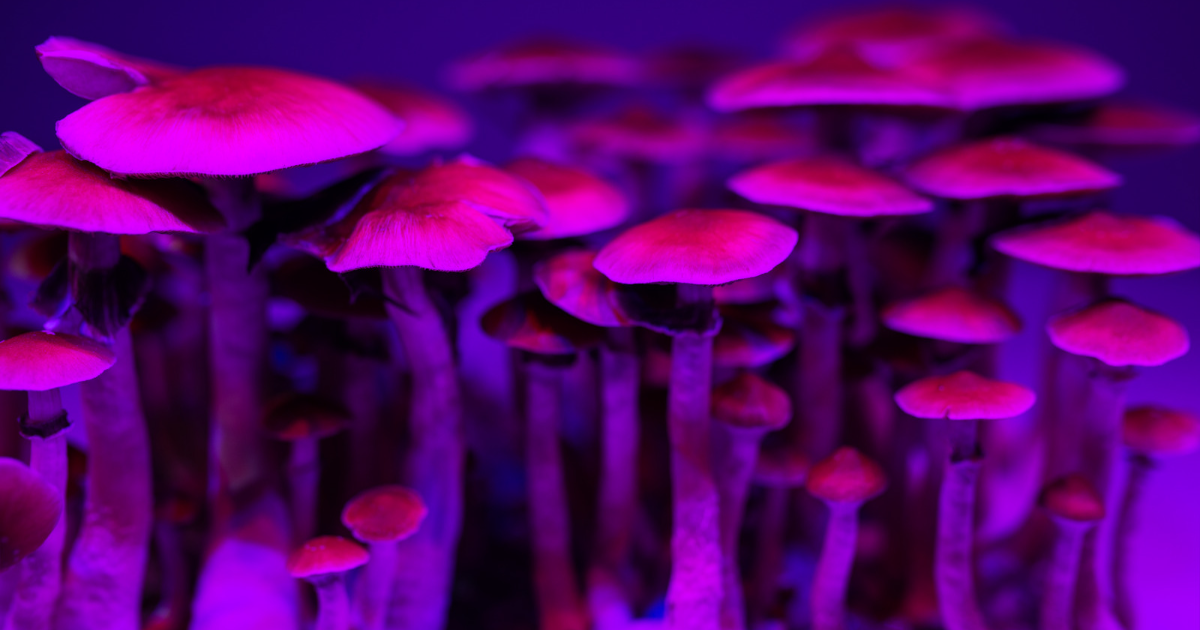Do you love mushrooms? Well, if you’re a resident of Denver, Colorado, you have a reason to celebrate! Earlier this year, Denver became the first city in the US to decriminalize magic mushrooms, meaning adults over the age of 21 can legally possess and use them within city limits. But what does this new mushroom law entail? And why is it significant for the residents of Denver and beyond? Let’s take a closer look.
Background Information
To fully understand why the new mushroom law was implemented, let’s go back to the beginning. In 2012, Colorado became the first state in the US to legalize cannabis for recreational use. Since then, other states have followed suit, with varying degrees of success. However, many advocates of psychedelic drugs argue that they have therapeutic benefits and should also be decriminalized. In fact, magic mushrooms have been used for centuries in various cultures for religious and medicinal purposes.
Denver’s new mushroom law is not a blanket legalization of the drug; it only decriminalizes it, meaning that law enforcement will make it their lowest priority. This ensures that the focus is on treatment instead of criminalization. However, it’s important to note that the state of Colorado still considers magic mushrooms as a Schedule I drug, putting it in the same category as heroin and LSD.
Significance of the New Mushroom Law
The new mushroom law is significant for Denver residents and beyond because it opens up a new realm of possibilities. For people who suffer from depression, anxiety, and PTSD, magic mushrooms may offer relief where traditional pharmaceuticals have failed. Many supporters also argue that like cannabis, magic mushrooms can be used recreationally without harming oneself or others.
In addition to offering potential medicinal benefits, the new law could also create new job opportunities in the mushroom industry. As people become more interested in the beneficial properties of magic mushrooms, this could lead to the creation of new products and services, including research and cultivation.
Potential Challenges and Risks
While there are potential benefits to Denver’s new mushroom law, there are also challenges and risks that should be considered. For one, the law only applies to the city of Denver, meaning that surrounding areas will still consider magic mushrooms as illegal. This could lead to confusion and difficulties in enforcement.
Additionally, there are concerns about the safe usage of magic mushrooms, as there are potential risks associated with overdose and bad trips. Without proper education and regulation, the new law could put some people at risk. Some health experts have expressed concern about the potential psychological effects of magic mushrooms, especially in individuals with pre-existing mental health issues. There’s also concern that the new law could lead to increased usage, which could pose a danger to users and society.
How Will This Law Affect the Legal System?
The new mushroom law in Denver, Colorado could potentially affect the legal system in various ways. While it only applies to the city limits, it creates a hurdle for law enforcement officials who will have to make significant changes in how they deal with cases involving magic mushrooms. With the lowest priority placed on such cases, there may be fewer arrests and prosecutions, and this could lead to reduced caseloads.
It’s still unclear how law enforcement will adapt to the new regulations and whether they will continue to enforce state and federal laws regarding magic mushrooms. Ultimately, the new mushroom law reflects a growing trend towards drug law reform and shows the need for a more evidence-based and compassionate approach to addressing substance use issues.
Final Thoughts
The new mushroom law in Denver is an exciting development for advocates of drug policy reform in the US. It reflects a growing interest in the use of psychedelic drugs for medicinal and therapeutic purposes. While there are potential risks associated with magic mushrooms, they can be managed through public education, research, and regulation.

